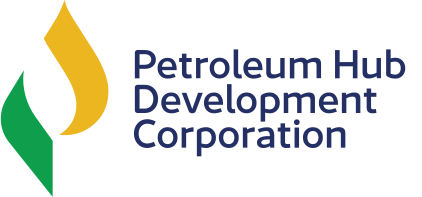The Petroleum Hub Development Corporation (PHDC) concluded its participation in the 2025 Global Energy Show with a strategic meeting at the Ghanaian High Commission in Canada.
Led by the Acting CEO, Dr. Toni Aubynn, the PHDC delegation engaged senior officials to discuss promoting Ghana’s Petroleum Hub project to Canadian investors.
He emphasized Canada’s prominence in the global oil and gas industry, highlighting the strong potential for partnerships, urging the commission to prioritize the Petroleum Hub as a flagship Ghanaian initiative.
The meeting was one of several activities undertaken by the PHDC delegation during the recently concluded Global Energy Show in Calgary, Canada.
In one such engagement, Dr. Aubynn described the Petroleum Hub as a transformative force for Ghana’s energy sector.
Recognizing the global shift toward sustainable energy, Dr. Aubynn underscored that the PHDC has seamlessly integrated energy transition strategies into its framework, reflecting Ghana’s commitment to balancing economic growth with environmental responsibility.
Speaking at the CEO Connect panel on Thursday, June 12, 2025, during the Global Energy Show, Dr. Aubynn positioned the Petroleum Hub as the cornerstone of Ghana’s energy future. He elaborated on how the corporation has embedded sustainability goals into the Hub’s development and operational blueprint, emphasizing three core pillars: Gas as a Catalyst for Transition, Low-Carbon and Forward-Looking Infrastructure, and Sustainable Industrial Advancement.
“At the Petroleum Hub Development Corporation, we understand that the downstream petroleum sector cannot rely on outdated approaches. The global transition to low-carbon energy systems is inevitable, and while Africa’s journey will follow a distinct path, we are proactively incorporating energy transition targets into the Hub’s design,” he stated.
“The Petroleum Hub is not anchored in the past—it is a bridge to Ghana’s energy future. Our downstream sector plans are globally competitive, locally impactful, and environmentally responsible. Energy transition is not an afterthought; it is a fundamental design principle,” he added.
Dr. Aubynn reaffirmed Ghana’s steadfast commitment to a pragmatic energy transition, ensuring responsible and sustainable management of its hydrocarbon resources.
“We remain firmly dedicated to a balanced, pragmatic energy transition. The retreat by some nations has not wavered our resolve. Instead, it has strengthened our determination to tailor our energy strategy to our national development, resource endowment, and industrialization objectives,” he said.
“Ghana is pursuing a ‘just and orderly transition,’ responsibly leveraging our oil and gas resources while investing in cleaner technologies and diversifying our energy mix. The Petroleum Hub exemplifies this dual approach: it encompasses traditional infrastructure, such as refineries and tank farms, while being future-proofed with innovations like green hydrogen, carbon capture, and low-emission fuel alternatives,” he concluded.
About the PHDC
The Petroleum Hub Development Corporation (PHDC) was established under the Petroleum Hub Development Corporation Act, 2020 (Act 1053) to lead the development of a world-class petroleum and petrochemical hub in Ghana. The hub is intended to serve the energy needs of the West African sub-region and the broader continent.
PHDC aims to promote innovation, research, and strategic infrastructure development to meet Africa’s growing demand for petroleum products and services. By creating an integrated petroleum value chain, the Corporation seeks to unlock economic opportunities, foster industrial growth, and create sustainable employment for Ghanaians and citizens across Africa.
About the Petroleum Hub Project
The Petroleum Hub Project, estimated at $60 billion, will be located in Jomoro, in Ghana’s Western Region. The hub will comprise:
Three refineries with a total capacity of 900,000 barrels per stream day (BPSD),
Five petrochemical plants with a minimum capacity of 90,000 BPSD,
Storage tanks with a cumulative capacity of 10 million cubic meters,
And at least two jetties to support import and export activities.
The project is poised to position Ghana as a leading petroleum and petrochemical hub in Africa, enhancing regional energy security and economic integration.







